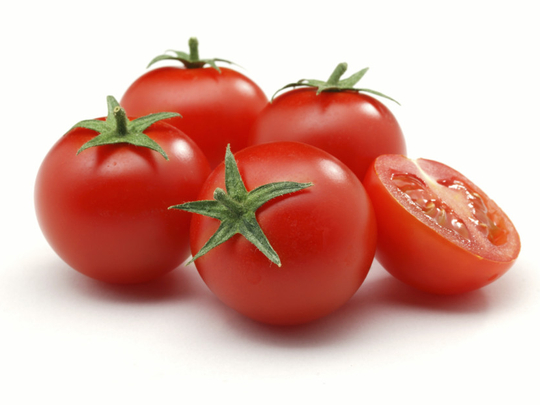
Mumbai: Surging onion prices have toppled governments in India. Now there’s a new threat looming for policymakers. Tomatoes.
After touting better food management as a reason for record-low inflation during much of the summer, a surge in the costs of vegetables and fruits is causing price pressures to simmer. Tomatoes have been the main culprit so far, as poor transport and a lack of cold storage facilities lead to wastage of as much as 16 per cent of produce each year.
Such inefficiencies and India’s 1.3 billion population distinguishes it from the global market, where agricultural costs are falling. Food accounts for 46 per cent of India’s consumption basket, which means it plays an outsize role in determining headline inflation.
“The present low level of food prices is unusual and is vulnerable to upward pressures,” Governor Urjit Patel said in the minutes of the latest monetary policy meeting, published Wednesday. “An assessment of whether the recent deflation in food items is sustainable, despite a normal monsoon, would require more hard data going forward.”
Consumer prices rose 2.4 per cent in July, faster than the 2.1 per cent estimated in a Bloomberg survey, as a drop in food costs slowed to 0.3 per cent from 2.1 per cent in June. Wholesale inflation also quickened, indicating price pressures are building up. Samiran Chakraborty and Anurag Jha, Mumbai-based economists at Citigroup Inc., said heavy rainfall and dwindling supply from states such as Karnataka, Maharashtra and Gujarat led to the tomato shortage.
“The early trends for August suggest that the price rise has spread to another usual suspect among perishables, i.e. onions,” they wrote in an Aug. 14 note titled ‘Will Tomato Price Shock Derail Rate Easing Hopes’. “Typically a monsoon-led spike in veggies normalises over 3-5 months or closer to the winter season. This year is unlikely to be different.”
Tomatoes, potatoes and onions form the holy trinity of Indian cooking, where they’re often swirled together with spices to form the base for several curries and snacks. Tomatoes are consumed in at least 75 per cent of Indian households, according to latest government data.
Patel this month voted to lower the Reserve Bank of India’s benchmark repurchase rate to 6 per cent from 6.25 per cent, citing an urgent need to boost private investment. This will be the monetary authority’s final cut through 2018, according to most economists in a Bloomberg survey, with inflation expected to quicken toward the 4 per cent medium term target.
“We estimate CPI inflation at 4 per cent to 4.5 per cent as of end-March 2018,” said Tanvee Jain, India economist at UBS AG. That limits the scope for further easing, she said.












